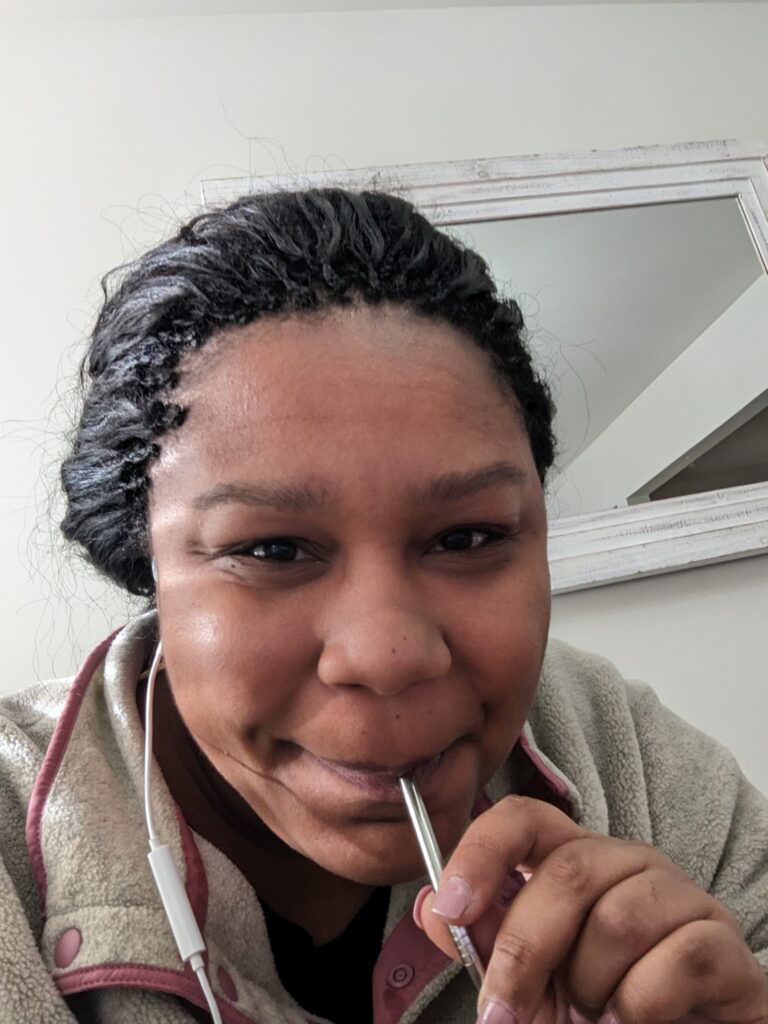
Introduction
Self-reflection is the act of looking inward and asking yourself questions about your behavior, attitudes and beliefs. It can be a powerful way to increase self-awareness and improve your life by helping you make better decisions in the future.
Self-reflection is important because it helps us understand our own thoughts and feelings, which are often difficult for us to articulate on our own. By practicing self-reflection regularly, we’ll become more aware of our thought processes–and that can help us make better choices when reacting emotionally or impulsively rather than rationally (which often leads us down paths we later regret).
Identifying Your Goals
Once you’ve identified what it is that you want to accomplish, the next step is to figure out how to get there. This can be a daunting task if you haven’t given much thought to your goals before now. To help with this process, it’s important to start by asking yourself:
- What are my life goals?
- What are my short-term goals?
The answers will vary from person to person, but there are some universal truths about setting realistic goals for yourself (and others). For example, setting a goal that requires an enormous amount of time and effort without considering whether or not those things are available in your schedule can lead only one place: disappointment! So when deciding what kind of future self-reflection should be part of your everyday life–whether it’s personal growth or career development–make sure whatever steps needed for success aren’t going against any other plans already set into motion by either yourself or others around you
Developing Self-Awareness
Self-awareness is the ability to know yourself and your emotions. It’s also about being honest with yourself, knowing what you’re good at and what you need to improve on.
To develop self-awareness:
- Be honest with yourself about your strengths and weaknesses
- Identify patterns in your behavior that may be holding you back (e.g., being late for work every Monday morning)
Analyzing Your Strengths and Weaknesses
Analyzing your strengths and weaknesses is a great way to identify areas for improvement. It can also help you understand how to use your strengths to your advantage, which is an important factor in self-reflection.
For example, if you’re good at writing but struggle with math, then it might be helpful for you to take a class or hire someone who specializes in math so that they can help improve your skills. This will allow them both time and space away from their regular workday while still being able to learn new things without feeling overwhelmed by the amount of information being thrown at them at once.
Questioning Your Decisions
One of the most important things you can do is to question your decisions. This might sound like a no-brainer, but it’s not something that everyone does on a regular basis.
When making a decision, ask yourself: What are the consequences of this choice? If I make this decision, what could go wrong? How will this affect my future goals and plans?
It’s also important to learn from mistakes made in the past–and there are plenty of them! We all make mistakes; that’s just part of being human. But if we don’t learn from those mistakes and use them as opportunities for growth, then we’ll never grow as individuals or achieve our full potential in life.
Exploring Your Emotions
Emotions are an important part of the decision-making process. They can help you evaluate situations and make better decisions, but they also pose a threat to your ability to think clearly. When you feel angry or sad, for example, it’s easy to let those emotions cloud your judgment about what steps should be taken next.
Emotions can also influence how we perceive information–a phenomenon known as “emotional bias.” For example: if someone tells us that their favorite movie is The Godfather II (which I love), we might assume they have good taste in movies because The Godfather series has been so popular over time and continues to be today; however, this conclusion would not necessarily hold true if this person had just watched The Godfather III without realizing it was part three of four movies!
Understanding Your Values
When you’re trying to make a decision about something, it can be helpful to ask yourself: “What do I value?” If you don’t know the answer, then this is an important question for you to consider.
Your values are the things that matter most in life–the things that are most important to you. They could be anything from family and friends, to health and wellness, or even spirituality (or all of those!). When we make decisions based on our values rather than just what feels good right now or what seems easiest at any given moment in time–we’re more likely to live a fulfilling life full of meaning and purpose.
Seeking Feedback
You can also seek feedback from others. If you have a mentor or coach, ask them for their perspective on your strengths and weaknesses. If you don’t have someone like that in your life, consider joining an online community where like-minded people support each other’s growth.
If you’re not sure how to get started with this type of self-reflection, start small: try writing down one thing that went well today–and another thing that could have gone better. Or make it more concrete by keeping track of how many times during the day someone compliments or thanks you (and then reflect on why).
Once you’ve identified some areas where improvement is needed, use the information as fuel for change!
Creating a Self-Reflection Practice
Creating a self-reflection practice is the first step to making it part of your everyday life. Here are some tips for creating one:
- Set aside time each day, or at least once a week. This can be difficult if you have other commitments and responsibilities that require your attention, but it’s important to make time for yourself in order to do this well. Try starting with just 5 minutes per day and slowly increasing the amount until you reach 30 minutes or more per session–the more often you reflect on yourself, the easier it will become!
- Choose an activity that feels right for you (and don’t worry if it changes over time). Some people like journaling while others prefer drawing pictures; some enjoy meditating while others prefer listening to music or walking outside; still others may want nothing more than lying down quietly by themselves with their eyes closed for 20 minutes every day after work before heading home again later that evening… whatever works best for YOU personally will help keep things interesting over long periods of time 🙂
Conclusion
As you can see, self-reflection is an important part of everyday life. It’s something that we all do, but most of us don’t think about it as a process or a skill that we can improve on. If you want to become more reflective and improve your ability to reflect on yourself and your actions, here are some tips:
- Start small by reflecting on one thing at a time. For example, when eating breakfast tomorrow morning ask yourself what went well during yesterday’s mealtime? What could have gone better? How did it make me feel? Did I enjoy my food or was there something missing from the experience (e.g., conversation)?
- Make sure that every day has some amount of reflection built into it in order for this habit not only stick but also grow stronger over time!
If you enjoyed reading this blog post. Please share this with a friend!
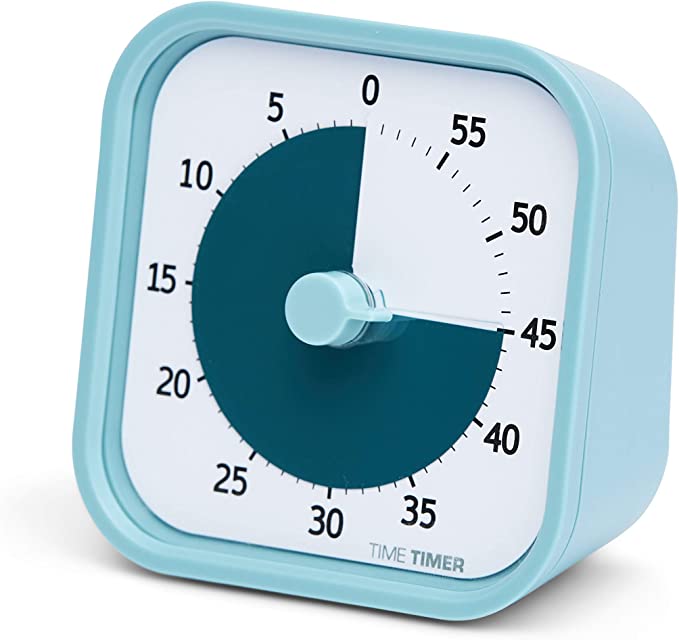
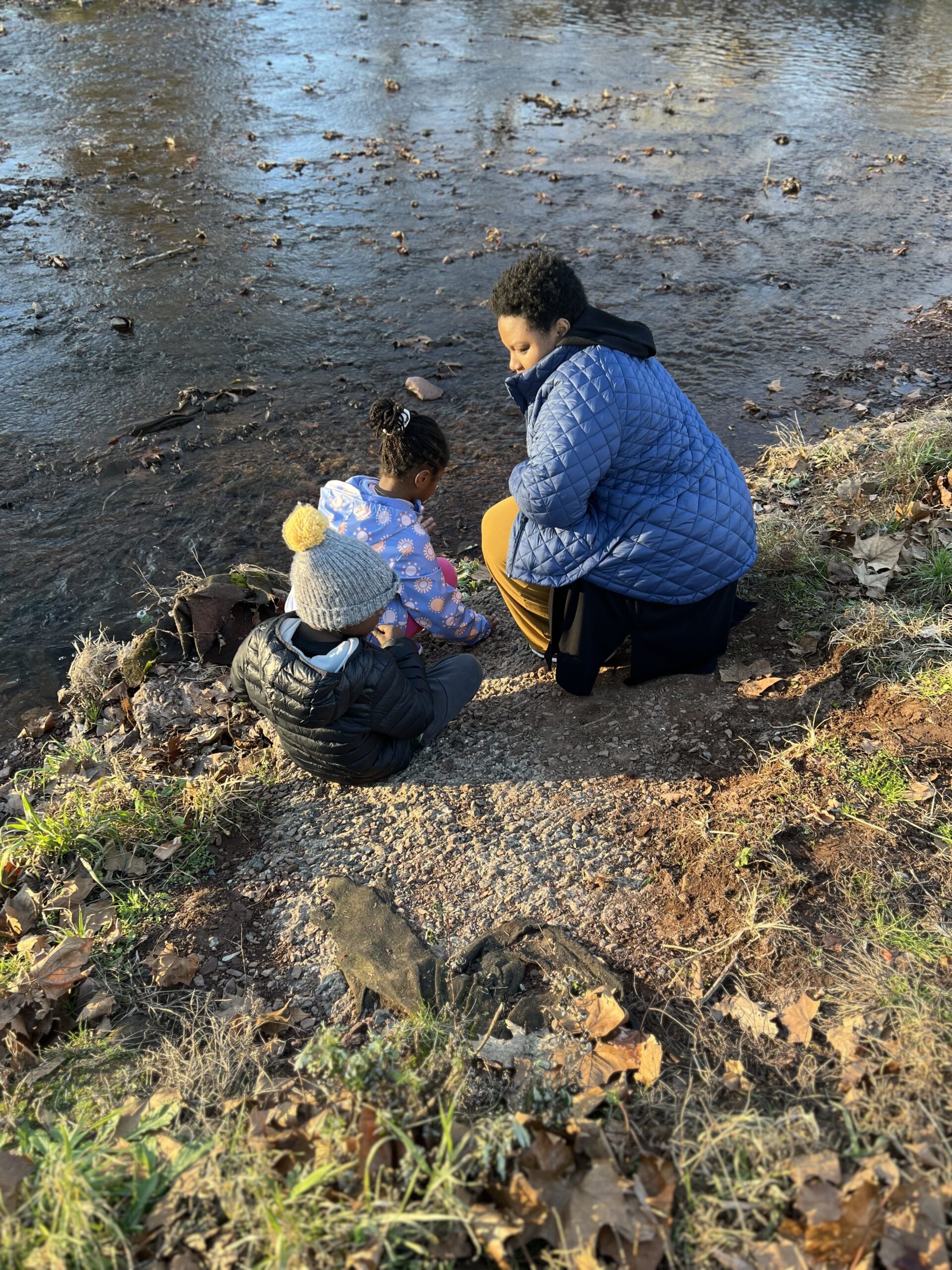
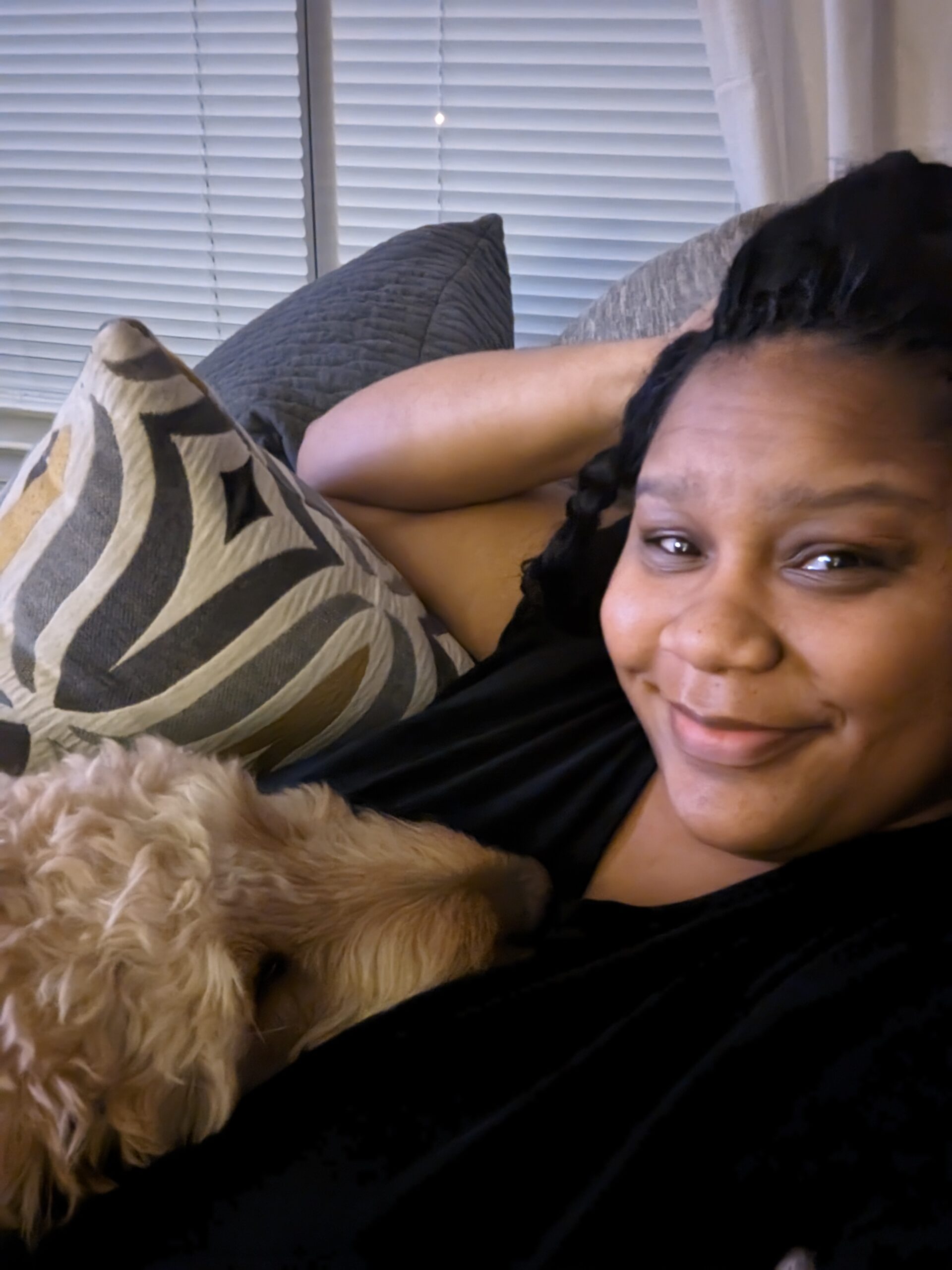
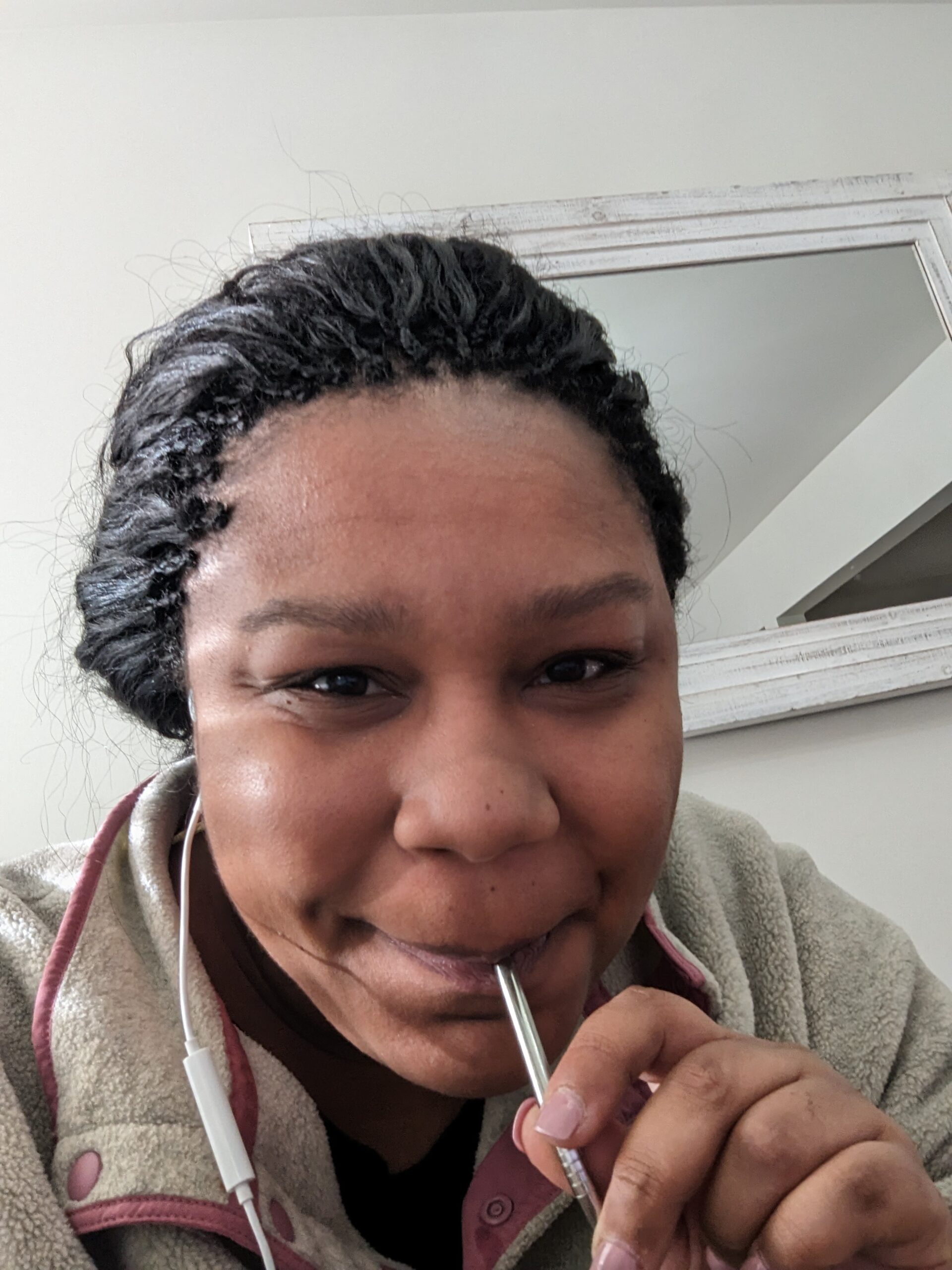
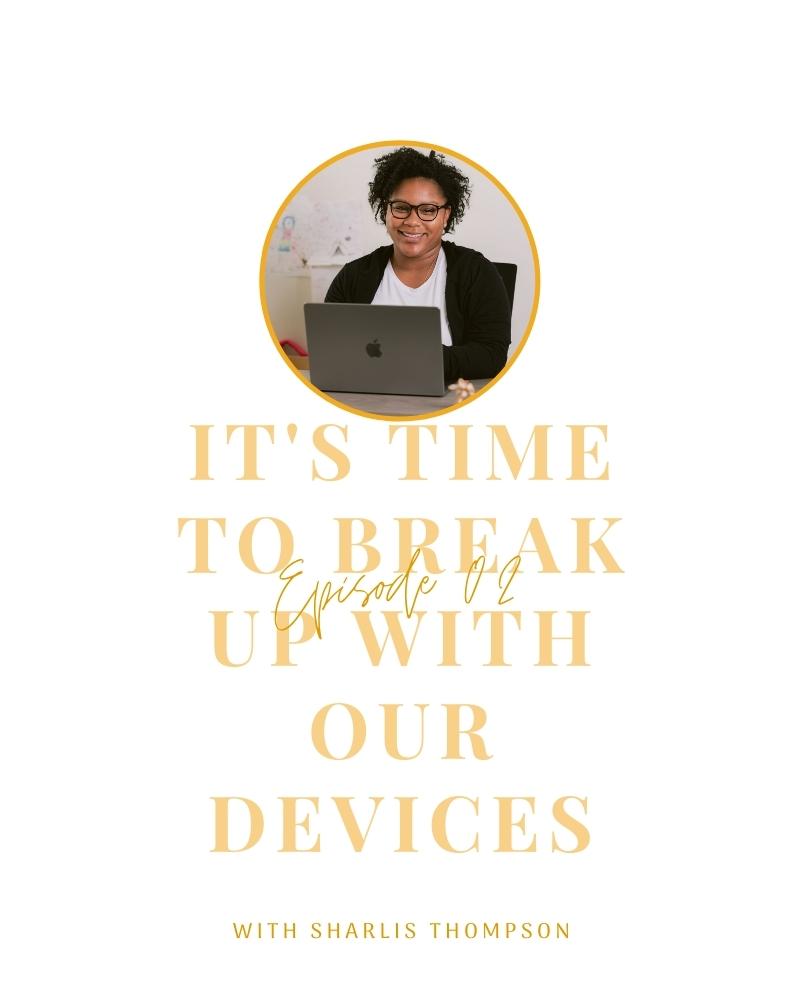
Hey there, You have done a fantastic job. I will certainly digg it and personally recommend to my friends. I’m confident they’ll be benefited from this site.